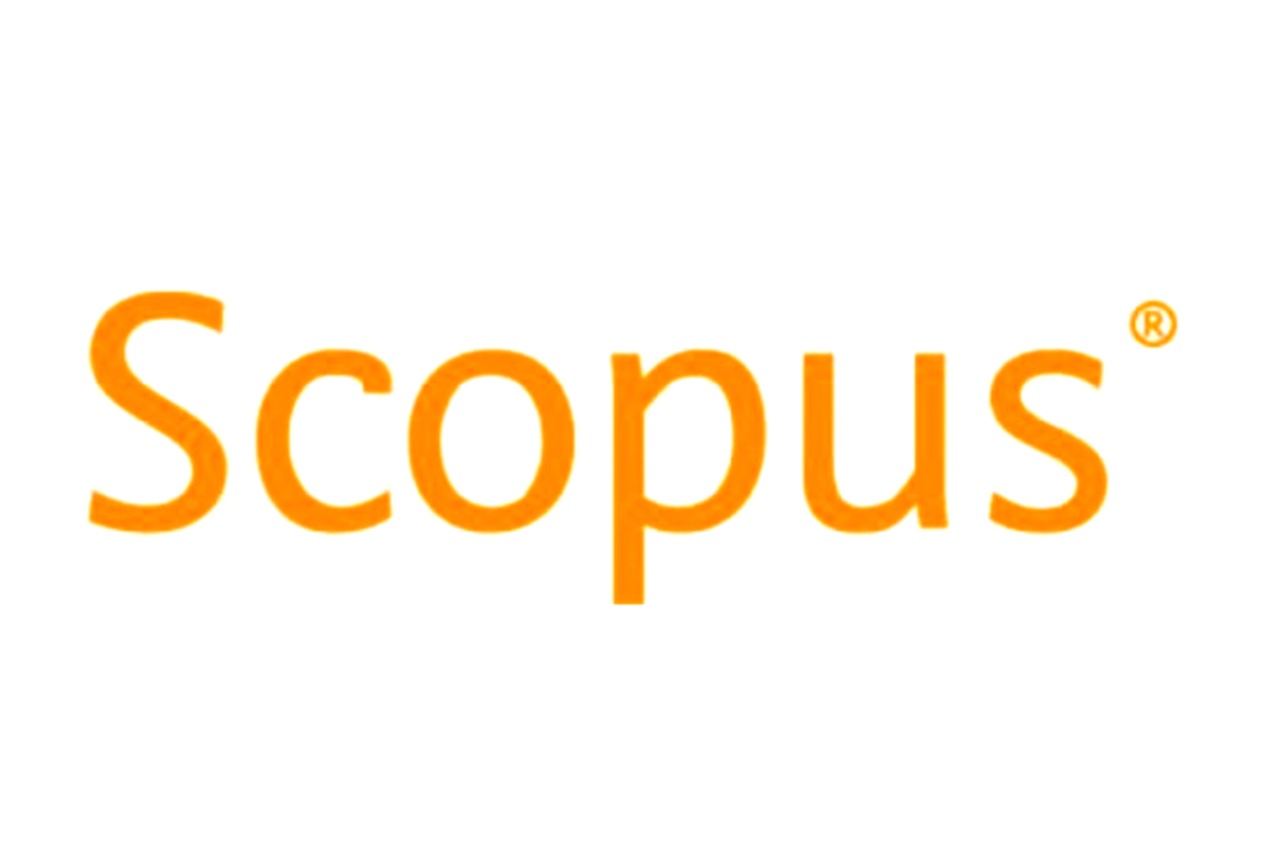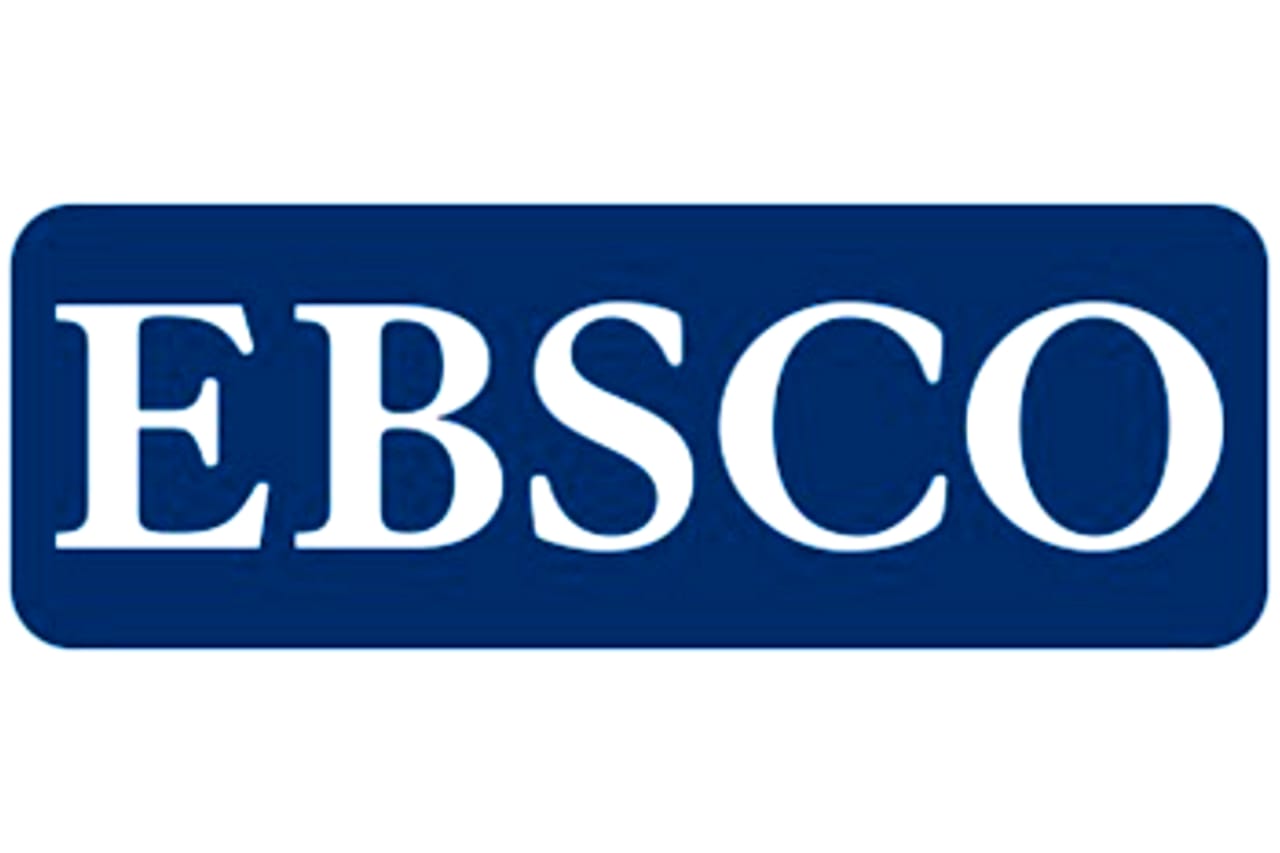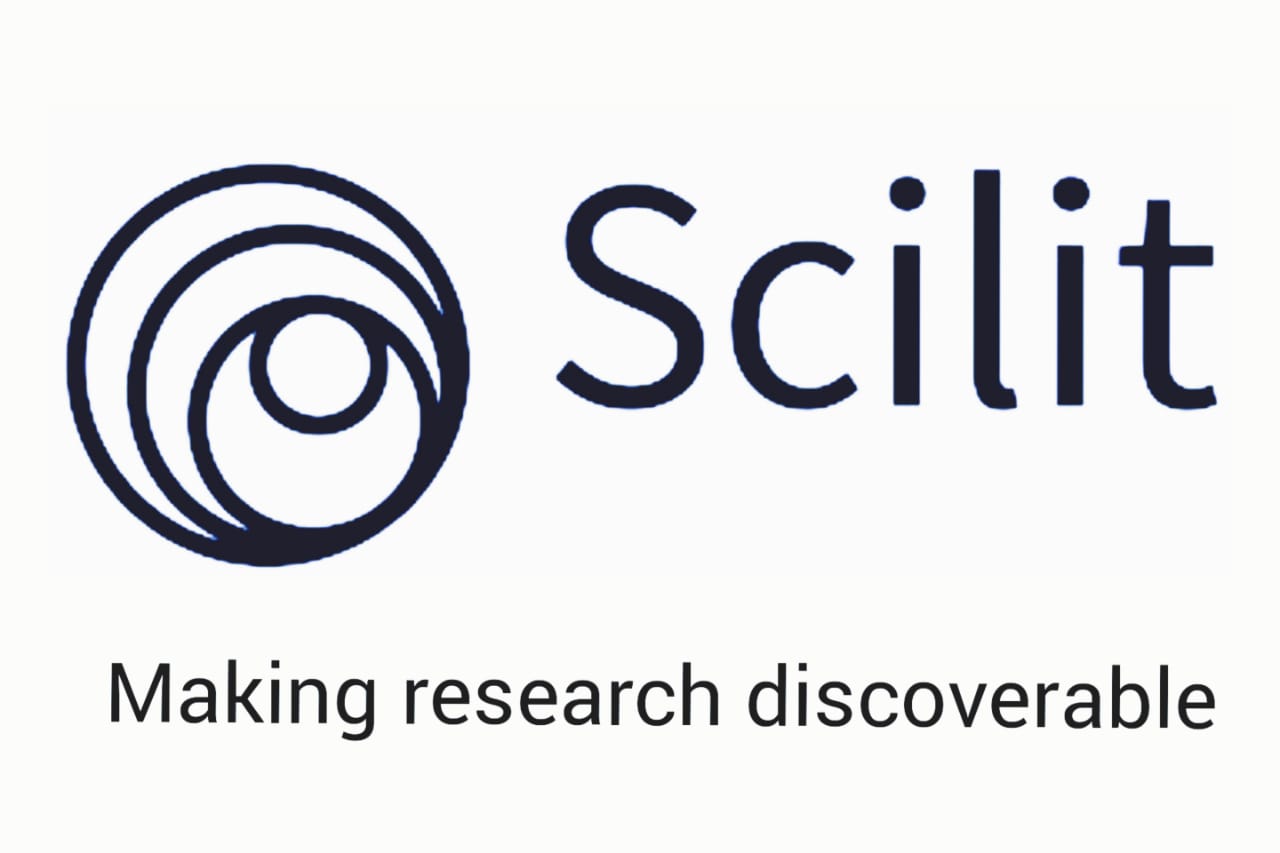Convective Heat Transfer flow of MHD Hybrid Nanofluid over a Stretching sheet with velocity and thermal slip
DOI:
https://doi.org/10.26577/ijmph.2024v15i2b7Abstract
In this study, we have investigated the convective heat transfer of a hybrid nanofluid with magnetohydrodynamic (MHD) properties over a permeable stretching sheet. The analysis takes into account the effects of velocity and thermal slip, and the hybrid nanofluid consists of two distinct nanoparticles—titanium dioxide (TiO2) and silver (Ag)—dispersed in water (H2O) as the base fluid. The use of Ag and TiO2 nano-composites is particularly significant in nano-biotechnology, especially in nano-medicine and cancer cell therapy, owing to their remarkable photocatalytic performances in handling pharmaceutical compounds and pollutants. The primary aim of this research is to explore how the behaviour of the MHD hybrid nanofluid over a permeable stretching surface is influenced by velocity and thermal slip conditions. By employing appropriate similarity transformations, the governing partial differential equations (PDEs) are transformed into dimensionless nonlinear ordinary differential equations (ODEs), which are then analytically solved using the Keller-box finite difference method. The results indicate that the velocity profile decreases with an increase in velocity slip, while the temperature and concentration fields decrease with thermal slip. The study further analyzes the significant impact of various parameters, including velocity and thermal slip parameter, porosity parameter, magnetic parameter, Prandtl number, and Eckert number, on the velocity, temperature, and concentration profiles. These findings are presented in graphical and tabular form, showing excellent agreement with previous literature.
Keywords: Heat transfer, hybrid nanofluid, velocity slip, thermal slip, porous medium.
















